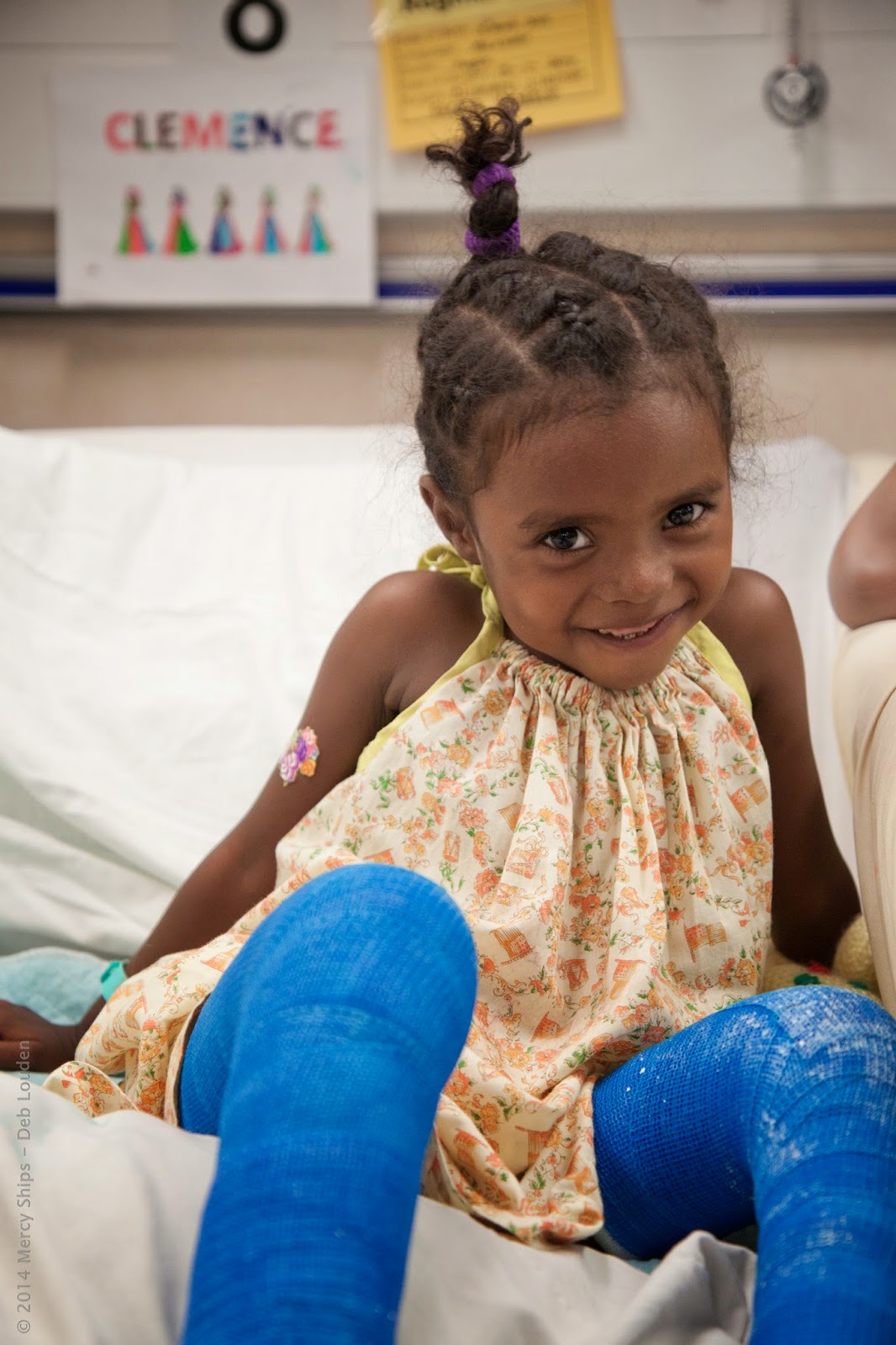The screening centre opened this last Monday in Toamasina,
Madagascar. This year it is different to other outreaches because we have a
screening centre open from Monday through to Friday for four weeks, instead of
trying to see everyone on one massively amazing but exhausting day. This gives
the people in Madagascar time to hear the word, time to travel to us and more
time for us to spend with them as we ask why they have come. It has still been
a very busy week, with the opening on Monday seeing about 2,000 people turn up
and many since.
I have been at every screening day for the last few
outreaches. It is a day that I love and look forward to with great anticipation.
I love connecting with the people, hearing their plea for help, giving them
hope when I can say “Yes” to the next stage of the selection process and even
when I have to say “No, we can’t help you, sorry” I feel such compassion that I
don’t forget to pray for them, even days later.
On Tuesday I was unexpectedly able to go and screen
potential patients in the line. My involvement was unplanned but I had been
hoping and praying that I could have an opportunity to go. Most of the nurses available
were helping out with security, so it was a big surprise to be asked to help
screen.
The mornings here begin super early with the sun being up
and already bright in the sky by 5am and darkness sets in at 5:30pm! Tuesday
morning we set out in our Landrover, the sun hidden behind rain clouds that intermittently
dropped rain on our heads. My white uniform shirt was clean and fresh, my black
skirt and shoes reminding me of last outreach’s patient selection day and how
many hours I had stood on my feet. Today would be different.
The rain came and went over the next 30 mins, at one point I
thought we might get drenched but thankfully it stopped before our white shirts
went see-through!
I worked alongside a translator seeing person after person,
asking why they came today. I heard all sorts of medical problems, headaches,
sore eyes, blocked sinus’, sore throat, stomach-aches, lumps in breasts,
enlarged prostates, pelvic cysts and more. None of these things can we help. I
did see some people that I could send through to the next stage of selection;
hernias, cataracts, bowed legs, small mandible tumours, burn contractures, women
with fistulas and lipomas.
The people stood calmly in line, patiently waiting for their
turn to be seen. They seem to be quite reserved and very respectful of each
other. Umbrellas were up, firstly to shield from the rain and then for the sun,
as it later beat down upon us.
As I walked the line looking for orthopaedic patients, I looked
into the peoples’ eyes, greeting them and smiling and seeing many smiles in
return. There were mamas with their little cerebral palsy kids in their arms.
As I saw them and spoke to them, oh how I wished there was something we could
do to help them fit into this society. Conditions like this are not understood
here and there is certainly no help for the families. There are no support
services and no support groups for mamas to talk together about their life
journey. I wish we could do more.
After only a couple of hours screening patients in the line,
we had given out 150 potential patient tickets and each of those patients
needed to be processed through the history team. We retreated behind the fence
of the hospital before telling them that we were closing the line for the day
and that they could return tomorrow. We retreated just in case they couldn’t
take the information peacefully. We were able to walk along the inside of the
fence reminding them that we could not help medical sicknesses but that we only
did certain surgeries to help. One man spoke up wondering how were they to know
what could be helped with surgery and what could not? I felt it was a valid
question and needed a good explanation but I was unable to stay for long as the people
continued to press in close to the fence to hear and I was told by security to
move on. We just had to tell the people to return if they had questions.
I find every year there are patients I meet on this day that
stick in my mind for months and even years to come. This time was no different,
although the Malagasy people seemed to take the answer “No” much more easily
than any other country I’ve been to. With each medical case that I see and do not
know or understand what the sickness or tumour is, I wish that I could give
them an answer, a diagnosis, a hope for future health. The best I can do is
pray from them as I say “Sorry, no, we cannot help you.”
Our hospital will admit its first patients this coming Monday
afternoon and surgeries begin on Tuesday. I can’t wait to meet my new friends,
to see bowed legs straightened, cleft lips repaired, smiles returned and hearts
healed.
























